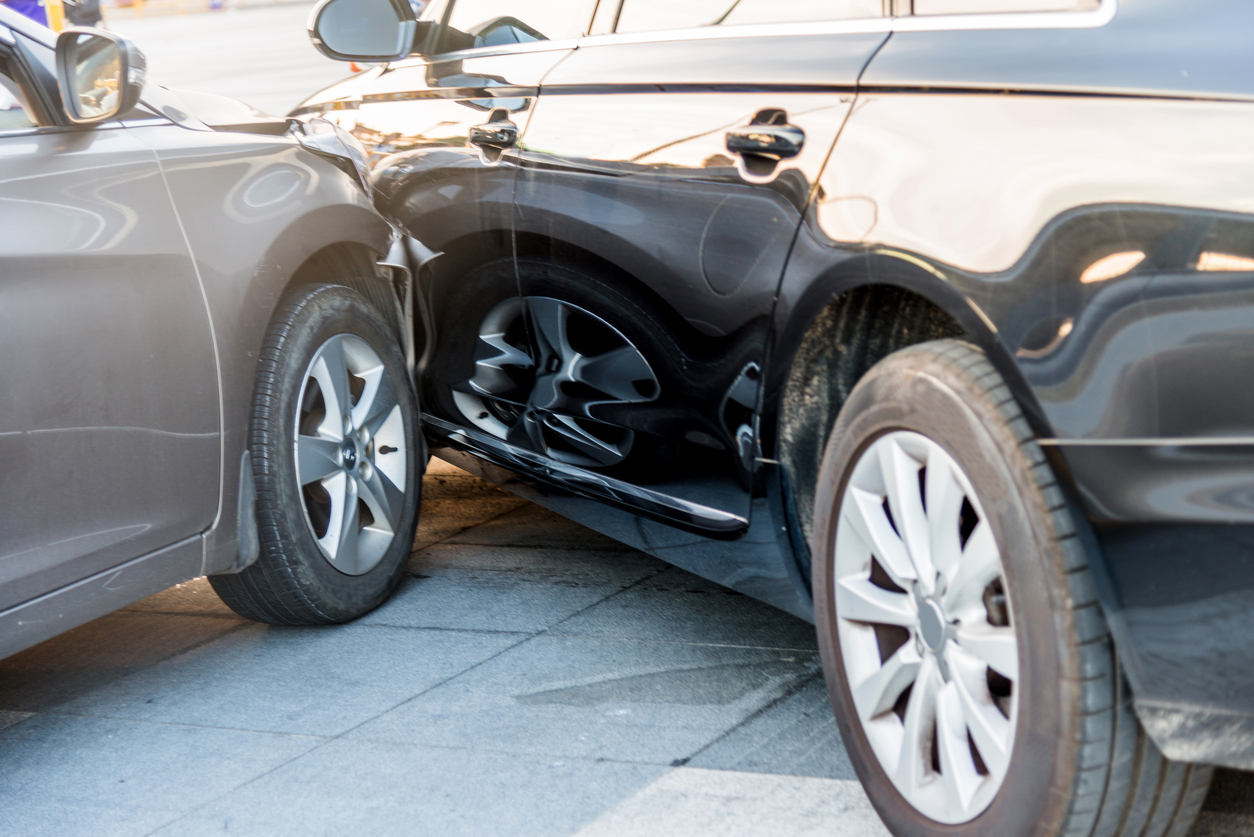What to do after a car accident that was not your fault
It may be a commonly known fact that vehicle crashes are the number one cause of death among those under 55 years old in the United States, but non-fatal traffic accidents number far higher. According to the NHTSA, some 3.1 million Americans were injured on the road in 2016.
If you have been involved in a crash, particularly one for which you are not to blame, it can be difficult to actually work out what to do next. From trying to get information on the other driver to making an insurance claim for your own vehicle, there is a lot to organise. Here, we’ll run through a clear path of what to do if you’ve been in a collision, and help you make sure that nothing has been forgotten.
Immediately after an accident
In the aftermath of a road accident, it’s understandable that drivers and passengers alike will be extremely shaken up. First of all, check to make sure everyone in your vehicle is OK and not injured. In the event of an injury, don’t be a hero, stay calm and take the appropriate next steps by calling 911. Even if no one is obviously hurt, once you feel well enough to drive, you should head straight to the doctor or your nearest emergency room as, in some cases, injuries take close to a week to manifest themselves.
In the meantime, take notes on your phone or on paper of who was in the car, exactly what happened and where it took place. If at all possible, log the number plate and contact details of the other vehicles involved. Once you are well enough to get out of the vehicle, take photos of the damage to your car, as this will be extremely useful as evidence when you make your insurance claim.
Once you are home safe
Your top priority once you’ve managed to return home and made sure that everyone in the car is OK is to contact your insurance company to make a claim. In fact, if you are able to contact your insurer them from the scene of the accident, you should absolutely do so, as they will be able to process a claim immediately.
When talking to your insurer, you will be asked about exactly what happened during the accident, and this is where your notes will come in extremely useful, as you will be able to give extensive detail about your passengers and any other involved vehicles. The sooner you call, the more you will be able to remember, and taking the active step to contact your insurer will let them know that you are taking the claim seriously.
If you have been severely injured
Depending on the extent of your injuries, you should also contact the police, as a full report from the authorities will only serve as a positive contribution to your insurance claim. If you and your passengers have undergone extreme trauma and injury, you may choose to sue the other driver (or their insurers) for damages. This is a significant decision, but may also give you the compensation you need if your car insurance does not already cover collisions or uninsured motorist property damage if the other driver does not have their own insurance.
Although this can be a costly process, many agencies offer no-win-no-repay car accident loans to provide a cash advance on their settlement, or cover any extensive legal bills. This ensures that victims of these incidents are able to carry on with their lives relatively uninterrupted. These loans can also help cover the cost of any medical bills you may have to pay before your claim is settled.
